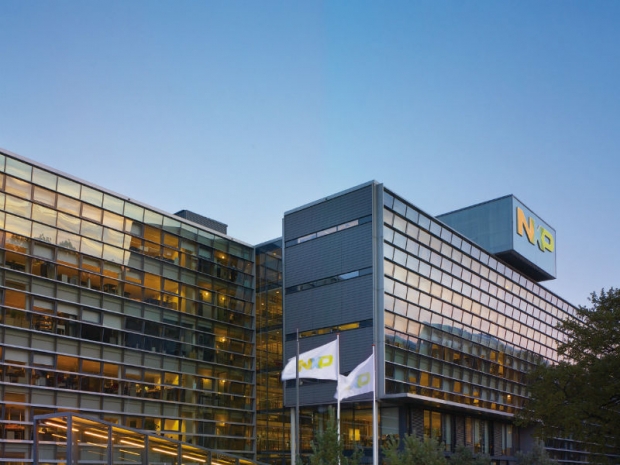The deal is estimated at $40 billion and spooked the Tame Apple Press which had expected Jobs' Mob to take over the automotive industry. To be fair some pro-Apple magazines had not even heard of NXP and made their ignorance fairly clear.
Freescale also has its chips in consumer products such as Amazon's Kindle e-reader but other than that, the pair are at the cutting edge of the industrial and automotive chip business and were touted as being important for the Internet of Things.
The deal is the fourth semiconductor sector M&A deal this year, and the biggest of these by far.
Last month, Avago wrote a cheque for wireless networking company Emulex for more than $600 million, while MaxLinear bought Entropic Communications for $287 million. In January, Lattice Semiconductor said it would buy Silicon Image for $600 million.
Freescale shareholders will receive $6.25 in cash and 0.3521 of an NXP share for each Freescale share. The purchase price puts Freescale's value at $11.8 billion, with a total enterprise value of $16.7 billion including debt.
The companies expect the deal to close in the second half this year. NXP will fund the transaction with $1.0 billion of cash from its balance sheet, $1.0 billion of new debt and about 115 million of its shares. Freescale shareholders will own about 32 percent of the combined company.
Based in Eindhoven, the Netherlands, NXP has operations in more than 25 countries and had revenue of $5.7 billion in 2014. Austin, Texas-based Freescale also has operations in more than 25 countries and had net sales of $4.6 billion in 2014.
NXP's portable device and computer business is growing quickly, with its revenue up 46 percent year-on-year to $712 million in 2014. But its bigger automotive and chip identification businesses, which together account for about half of its revenue, grew by only 12 to 13 percent.

